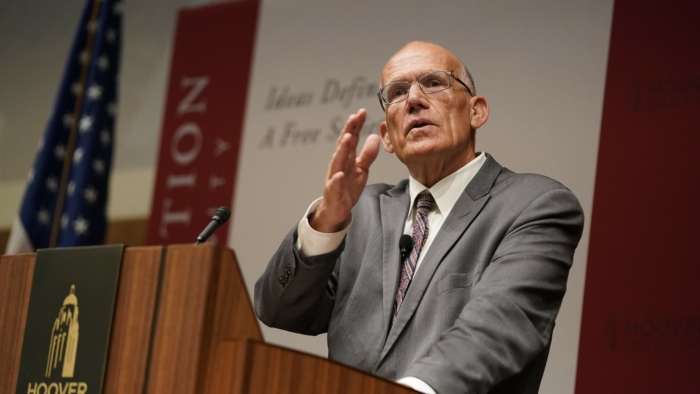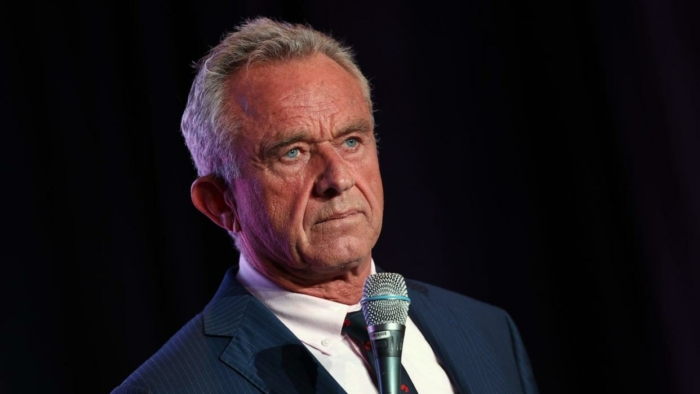In 2012, amidst the Syrian Civil War, the Obama administration launched Operation Timber Sycamore, a covert CIA program designed to train and arm Syrian rebels in hopes of toppling the regime of Bashar al-Assad. The initiative, cloaked in secrecy, reflected decades of U.S. foreign policy trends centered on regime change. However, instead of achieving its goals, Timber Sycamore exposed the dangerous pitfalls of interventionism, leading to economic waste, regional destabilization, and unintended empowerment of extremist groups. President Obama reportedly signed a presidential finding to authorize the operation. The operation was part of broader U.S. efforts to counter Assad’s regime, particularly after its alleged use of chemical weapons.
The Goals: A Misguided Path to Regime Change
The U.S. government justified Timber Sycamore with two primary objectives:
- Toppling Assad: Assad’s regime was seen as an oppressive government and a threat to Western influence. The U.S. believed a more “friendly” government in Syria would align with American geopolitical interests.
- Countering Iranian Influence: Syria’s long-standing alliance with Iran was viewed as a destabilizing force in the Middle East. Weakening Assad would, theoretically, limit Iran’s reach.
To achieve these goals, the CIA partnered with allies such as Saudi Arabia, Turkey, and Jordan, funneling money, weapons, and training to carefully “vetted” rebel groups.
The Methods: Weapons, Training, and a Dangerous Gamble
The CIA orchestrated massive arms transfers, including sophisticated anti-tank missiles and training programs for rebel fighters. Billions of taxpayer dollars flowed into the program under the guise of promoting democracy and countering authoritarianism.
However, oversight was minimal, and the definition of “vetted” became increasingly blurry as the war intensified. The reality on the ground exposed a troubling flaw: weapons and training often ended up in the hands of extremist factions, including al-Qaeda affiliates and other radical groups. Rather than creating a stable alternative to Assad, the program inadvertently fueled the chaos that extremist organizations like ISIS would later exploit and where ISIS could thrive. It should be noted that ISIS emerged from pre-existing jihadist groups and was already active in Iraq before the Syrian war. However, Operation Timber Sycamore was a significant factor in the complex web of events that led to the rise of ISIS.
Economic and Human Costs: Unintended Blowback
The economic consequences of Operation Timber Sycamore were staggering. Estimates suggest the U.S. spent billions on the program with no measurable success. This significant expenditure drained American taxpayers while yielding catastrophic outcomes:
- Failure to Overthrow Assad: Despite heavy investment, Assad’s regime, backed by Russian and Iranian forces, retained power. The U.S. underestimated both Assad’s resilience and the regional complexities.
- Regional Destabilization: Instead of creating a democratic Syria, the program contributed to a power vacuum where extremist groups thrived. The chaos exacerbated the humanitarian crisis, leading to millions of refugees and untold civilian suffering.
- Empowerment of Extremist Groups: The weapons supplied by the CIA often fell into the wrong hands. Groups like Jabhat al-Nusra (al-Qaeda’s Syrian branch) and ISIS capitalized on the inflow of arms and resources to expand their reach. In a grim irony, American-made weapons were later used to target U.S. allies and interests.
In 2016, Senator Ron Wyden’s office expressed concerns about the program’s lack of transparency. A statement from his office noted: “The U.S. is trying to build up the battlefield capabilities of the anti-Assad opposition, but they haven’t provided the public with details about how this is being done, which U.S. agencies are involved, or which foreign partners those agencies are working with.”
Charles Lister, a senior fellow at the Middle East Institute, criticized the Obama administration for not providing adequate funding and necessary resources to Free Syrian Army units.
- Critical of US involvement: Lister has been critical of US policy in Syria, arguing that it has often been misguided and counterproductive. He has highlighted the risks of unintended consequences and the empowerment of extremist groups.
- Emphasis on understanding the complexities: Lister emphasizes the need for a nuanced understanding of the Syrian conflict and its actors. He cautions against simplistic narratives and emphasizes the importance of local dynamics.
- Focus on ground realities: Lister’s work is grounded in extensive fieldwork and engagement with Syrian opposition groups. He emphasizes the need to understand the perspectives and motivations of those on the ground.
A Change in Strategy: Ending the Policy
By 2017, the Trump administration recognized Operation Timber Sycamore’s failures and terminated U.S. support for the program. Although critics claimed the decision ceded influence to Russia and Iran, others argued that continuing to pour resources into a failing policy only worsened the situation.
Trump’s decision reflected a growing sentiment: the U.S. cannot afford to repeat the mistakes of regime-change policies. History—from Iraq to Libya—has shown that foreign interventions often create far-reaching consequences, draining economic resources while destabilizing entire regions.
Lessons Learned: The Need for a Shift in Policy
Operation Timber Sycamore serves as a cautionary tale about the dangers of interventionism. While well-intentioned in theory, its execution revealed systemic flaws:
- Lack of Clear Objectives: Regime change without a sustainable plan for governance creates vacuums for extremist forces.
- Economic Waste: Billions of dollars spent yielded no tangible benefits for the U.S. or Syria.
- Moral and Strategic Failures: Arming rebels without full accountability resulted in civilian harm and unintended empowerment of radical groups.
As the U.S. reflects on its role in foreign conflicts, it must prioritize diplomacy over regime change. Instead of fueling proxy wars, the focus should shift toward fostering peace, humanitarian aid, and stabilization efforts that respect the sovereignty of other nations.
Conclusion: Recalibrating U.S. Foreign Policy
Operation Timber Sycamore is a stark reminder of poorly planned interventionist policies’ economic, moral, and human costs. If the U.S. hopes to maintain its credibility on the global stage, it must abandon its legacy of regime change and focus on stability, peace, and economic prudence. Moving forward, the lessons of Syria should inform a more strategic and restrained approach to foreign policy—one that prioritizes long-term solutions over short-term gambits.












